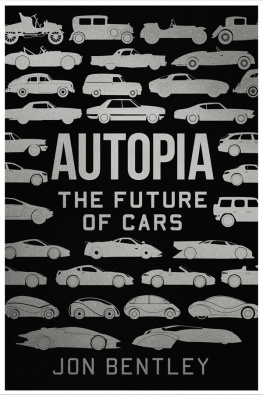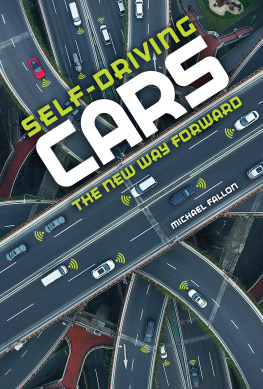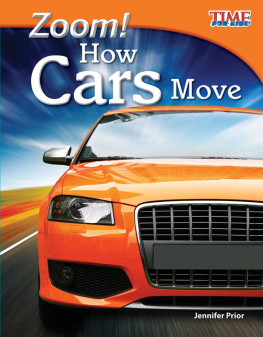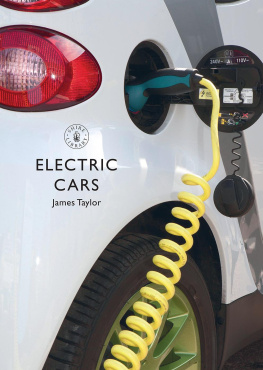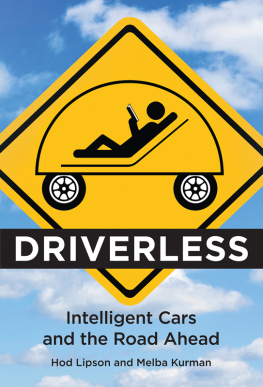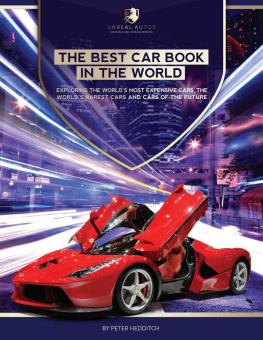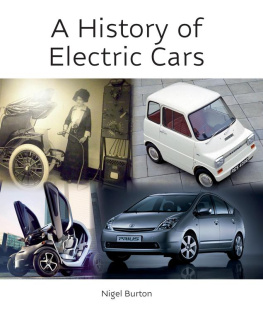Contents
Guide

Entertaining, thought-provoking and well researched, Autopia is an essential read for anyone interested in the future of cars.
Jason Dawe, former presenter of Top Gear and motoring journalist
A riveting and quirky look at the latest in car technology. Perfect for geeks, petrolheads and geeky petrolheads.
Rick Edwards, presenter of !mpossible
Jon Bentley is a presenter on Channel 5s The Gadget Show. He was the producer and executive producer of Top Gear for many years and has a bend named after him on the programmes test track. He is a committed car enthusiast and has written for multiple car publications.

First published in hardback in Great Britain in 2019 by
Atlantic Books, an imprint of Atlantic Books Ltd.
Copyright Jon Bentley, 2019
The moral right of Jon Bentley to be identified as the author of this work has been asserted by him in accordance with the Copyright, Designs and Patents Act of 1988.
All rights reserved. No part of this publication may be reproduced, stored in a retrieval system, or transmitted in any form or by any means, electronic, mechanical, photocopying, recording, or otherwise, without the prior permission of both the copyright owner and the above publisher of this book.
1 2 3 4 5 6 7 8 9
A CIP catalogue record for this book is available from the British Library.
Hardback ISBN: 978 1 78649 634 8
E-Book ISBN: 978 1 78649 636 2
Printed in Great Britain
Atlantic Books
An Imprint of Atlantic Books Ltd
Ormond House
2627 Boswell Street
London
WC1N 3JZ
www.atlantic-books.co.uk
CONTENTS

INTRODUCTION
WHY THE CAR MATTERS

Since its invention nearly 130 years ago the car has been an extraordinary global success story, extending its influence over most of the planet and transforming vast tranches of human life. There are now about 1.3 billion of them scurrying round the worlds roads. By 2035 therell likely be more than 2 billion a growth rate comfortably exceeding that of the human population. The car has revolutionised patterns of human settlement, reshaped the geography of cities and countryside and transformed the working lives of hundreds of millions of people.
Cars are so much more than a means of getting from A to B. From the beginning to the end of our lives, theyre a powerful psychological force. A few weeks after my seventeenth birthday, I passed my driving test and experienced that amazing sense of freedom that only the car can give. Suddenly I had the means to go wherever I wanted with minimal effort. Like countless drivers before and after me, I embraced an explosion of new opportunities for employment, travel and (yes) romance.
People may say that taking your driving test is no longer the universal rite of passage that it used to be back then in the late 1970s, but I can vividly recall my seventeen-year-old daughter on her return from her first fully independent drive saying it was the most liberating thing shed ever done. More soberingly, I can remember the look of crestfallen disappointment on my late mothers face when I told her she should give up driving on account of her all-consuming Alzheimers. That was the end of the road in more ways than one.
As objects go, cars have an incredible capacity to inspire loyalty and affection in their owners. They can rival our pet cat or dog because, like our favourite animal companions, they also have their own loveable quirks. Theres the noise of the engine, the sensation of acceleration, the rich variety of dynamic experiences through steering, cornering and handling characteristics plus the tactile sensations of the controls, the ways the doors open and shut, the weight and feel of throttle and clutch. All of these create the potential for a truly satisfying relationship between driver and machine.
Your choice of motor says a lot about you. For a nineties sales rep, embroiled in British company-car culture, fretting over whether the badge on the boot-lid was an L or a GL was practically part of the job description. Boy racers of the era agonised in meticulous detail over the specs of a VW Golf GTI versus a Peugeot 205 GTi. But the psychology isnt solely an individual affair. Theres an intense social dimension to car ownership. Banger racers, Vintage Sports-Car Club members, muscle-car enthusiasts and Austin Allegro owners are all part of a developing network of driving tribes. People make friends all over the world through their ownership of a particular type of car.
The last fifty years have witnessed the golden age of the car, with the once-spluttering invention dominating the globe and shaping all our lives. But is this set to change? Along with its power to transform the world for the better, mass car ownership has also had a profoundly negative legacy. Doctors talk of how emergency departments took on a whole new level of gruesome in the 1960s. Previously quiet Saturday nights became bloodfests. Pollution and resource depletion became a concern shortly afterwards and, in recent years, the internal combustion engine has been pilloried for its contributions to climate change. A whole catalogue of lesser problems include ever more congestion, road rage, the loss of rural idylls to commuting and tourism and, lets not forget, the increasing nightmare of finding anywhere to park.
Rather than representing freedom and opportunity, are cars going to become an expensive anachronism that take up too much of our money and time? Are they a burden in an age when urban populations are far more concentrated?
There is reason to hope that all is not lost. Most cars today still have four wheels and run on fossil fuels, but that doesnt mean that we havent already seen incredible breakthroughs in speed, safety, efficiency and of course gadgetry. And, while the technology has remained fundamentally the same for decades, industry insiders insist that we are on the cusp of a revolution.
Im writing this book to explore such innovations and see where they might lead in the years to come. From self-driving trucks to cars that can see round corners, Ill examine the mind-blowing challenge of successfully designing artificial intelligence to take the place of human drivers. Ill explore the options available for powering the cars of the future and question whether electric cars will ever get over their bugbears of range anxiety and sluggish charging. Ill ask whether hydrogen will at last realise its potential and whether diesel really deserves to be demonised.
By talking to designers young and old, Ill discover the ways in which future cars will retain their allure and their speed. Ill ask whether cars will continue to get safer or if increased technology will make the car into an unpredictable lethal weapon as hackers bypass their often shamefully lax security. If the car embarks on a radical new career of change, what will happen to all the existing ones not least those classic cars lovingly cherished by millions of enthusiasts? Finally, Ill consider some of the more unlikely future scenarios for personal transport and if the car will remain relevant in the face of fierce potential competition.

